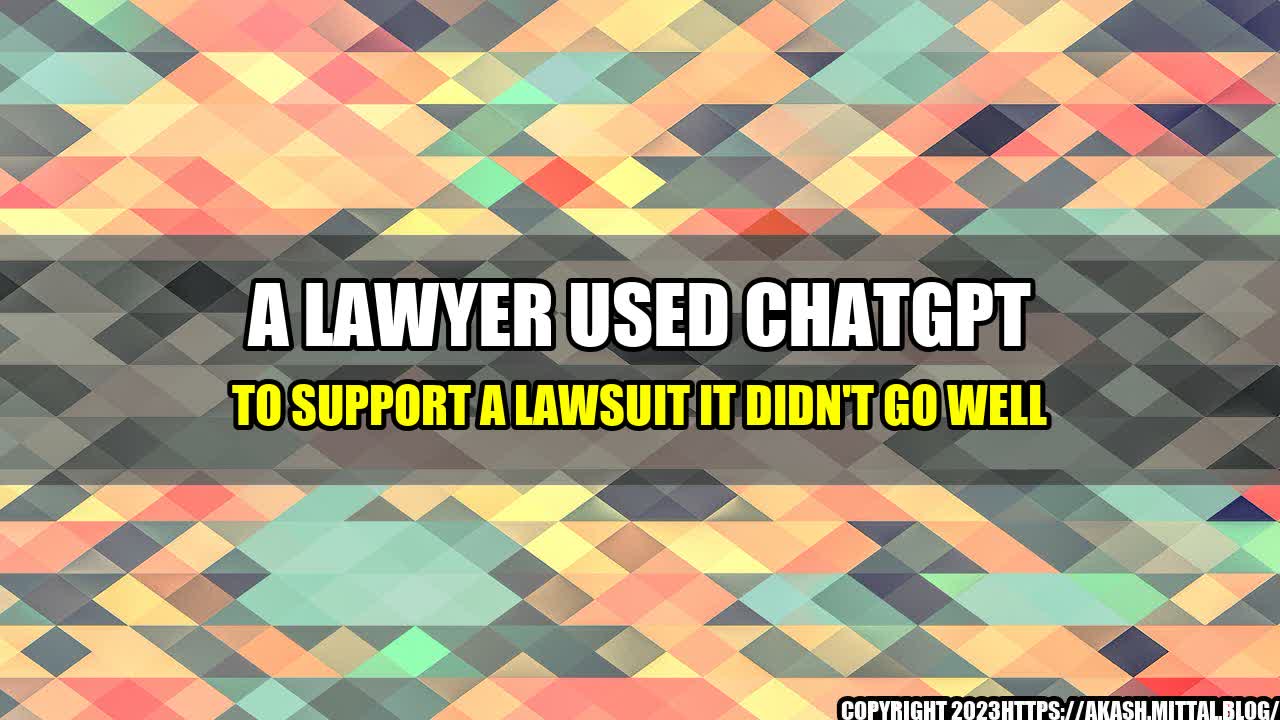
Technology is constantly evolving, and many industries are embracing the benefits of automation and artificial intelligence. However, when it comes to legal matters, there can be serious pitfalls to relying on chatbots and other automated tools. Let's explore a recent case where a lawyer used ChatGPT to support a lawsuit, and why it didn't end well.
In a recent lawsuit involving a construction company and a supplier, the defendant's legal team decided to use ChatGPT in an attempt to bolster their case. ChatGPT is an artificial intelligence-powered chatbot that can analyze text and generate responses to questions. The goal was to use the chatbot to analyze the contract between the two companies, and provide insights into the wording and intent of the agreement.
However, things quickly went awry. During a deposition, the opposing legal team asked the chatbot a series of questions about the contract. To everyone's surprise, the chatbot's responses were nonsensical and irrelevant. It became clear that the chatbot did not have the capacity to understand the nuances of the legal language used in the contract.
The result was a devastating blow to the defendant's legal case. The chatbot had failed to provide any useful insights, and the opposing legal team used this as evidence of the weakness of the defendant's arguments. In the end, the defendant lost the case and was forced to pay a hefty settlement.
This case highlights some of the key risks associated with using chatbots for legal purposes. Here are a few reasons why these tools can be problematic:
While automation and artificial intelligence can be incredibly powerful tools, it's important to recognize their limitations when it comes to legal matters. Here are three key takeaways from the ChatGPT case:
In conclusion, the ChatGPT case serves as a cautionary tale about the risks of relying too heavily on technology in legal matters. While chatbots and other automated tools have their place, it's crucial to recognize their limitations and consider the potential risks before incorporating them into legal strategy.
Hashtags: #chatbots #legaltech #AI #automation #law
Category: Legal Technology
Curated by Team Akash.Mittal.Blog
Share on Twitter Share on LinkedIn